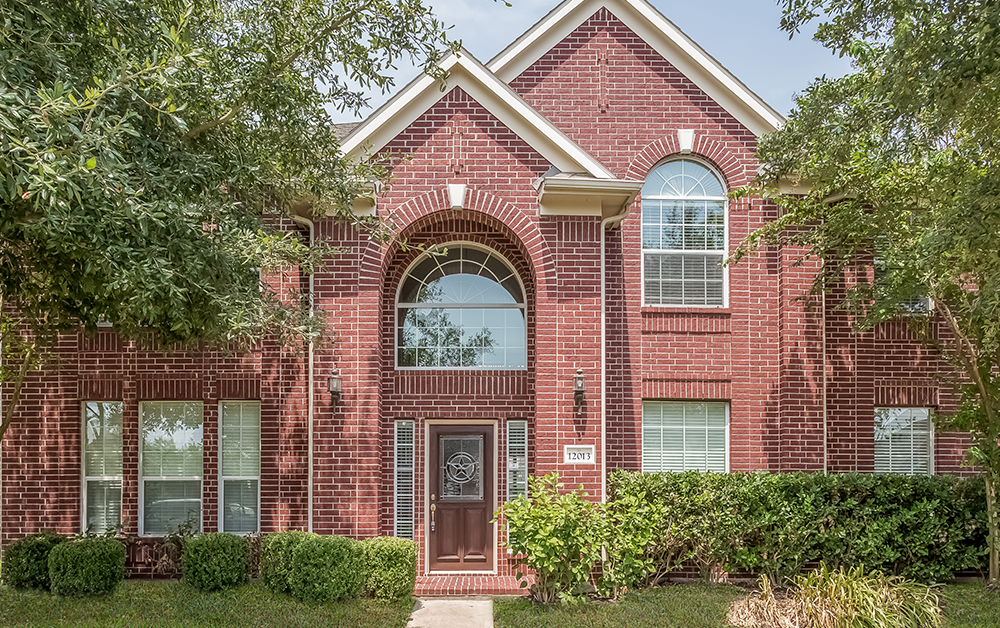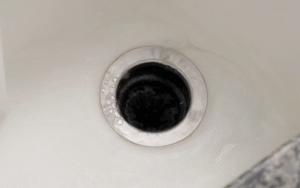
Your Guide to Moving into a Rental Home
As an exciting new chapter in your life begins, moving into a rental home marks a significant transition. Whether you’re seasoned or embarking on this journey for the first time, navigating the process can be both exhilarating and challenging.
This comprehensive guide will equip you with knowledge and moving tips to ensure a smooth, stress-free move into your new rental home.
Planning and Preparation
Start Early and Plan Ahead
Give yourself plenty of time to prepare for the move. Create a checklist of tasks, such as packing, changing your address, and scheduling utilities transfer. Starting early will help reduce stress and make the process more manageable.
Budget Wisely
Moving involves expenses beyond just the rent. Consider costs like security deposits, moving services, packing materials and initial utility fees.
Once you’ve settled into your new place, you may realize that you need new furniture or household items, too. This could range from a couch or bed to more mundane but essential items like extension cords and power strips.
Take these potential purchases into account beforehand and if possible, include a buffer for them in your moving budget. Setting a budget will help you plan your finances accordingly and avoid any surprises.
Inspect the Property
Before moving in, thoroughly inspect the rental home for any existing damage or maintenance issues. Take photos and document everything to avoid potential misunderstandings when it’s time to move out. This step could help make sure that you’re not held responsible for pre-existing problems
Review the Lease Agreement
Carefully read and understand the lease agreement. It outlines the terms and conditions of your rental, including rent amount, due dates, and rules. If you have any questions, don’t hesitate to ask the landlord for clarification. If the home is within a Homeowners Association (HOA), be sure to review the Covenants, Conditions and Restrictions (CCRs) so you’re aware of the neighborhood rules.
Communicate with the Landlord or Property Manager
Maintain open communication with your landlord or property manager. It’s helpful to know the best way to request service, make your monthly payments, and what to do in case of a maintenance emergency. If you have concerns or need repairs, address them promptly. A good relationship with them can make your renting experience more pleasant.
Organize Efficiently
Pack your belongings systematically to make unpacking easier:
- Think through which rooms you’ll want to have functioning first. Be sure that those materials are packed last so they’re the first to be unloaded.
- Label boxes with the room and a description of its’ contents. This will save you time and frustration when settling into your new home.
Settling Into Your New Home
Update Your Information
Notify important parties about your move. Update your address with the post office, your employer, banks, and any subscriptions or services you use. This ensures you receive mail and important documents without interruption.
Set Up Utilities and Services
Research the utility providers that you’ll need and arrange for utilities like electricity, water, gas, and internet to be transferred to your name before moving in. This ensures you have the essentials ready on day one.
Personalize Your Space
While you likely have limitations on major changes, there are often opportunities to add your personal touch. Decorate with removable items like curtains, rugs, and pillows to make the house feel more like home. You can also use Command Strips to hang photos or artwork without damaging the walls.
Explore the Neighborhood
Take time to familiarize yourself with your new neighborhood. Locate grocery stores, pharmacies, parks, local restaurants, gyms and any other amenities you might need. Exploring can help you settle in and feel more at home.
Meet Your Neighbors
Introduce yourself to your neighbors; a friendly smile and a “hello” goes a long way. Building relationships with those around you can create a sense of community, foster security in the neighborhood and make your new environment more welcoming.
Stay Organized After Moving In
Keep important documents, such as your lease agreement and moving-related paperwork, in a designated folder in case unexpected issues pop up. Staying organized will make it easier to access information when you really need it.
Moving into a rental home is an exciting opportunity to start anew. By following these tips, you’ll be well-prepared for the transition. Each step, from planning and packing to settling in and building connections, can make a huge difference in how quickly you make your rental house into your home.



